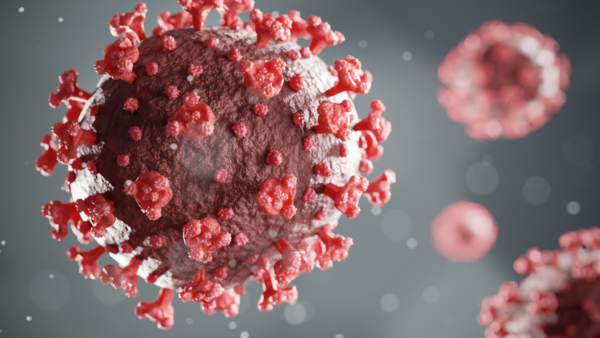- News
- lifestyle
- health-fitness
- health-news
- Should we fear the rise in Covid cases: Why people are wearing masks again!
Trending
Should we fear the rise in Covid cases: Why people are wearing masks again!
Follow summer safety tips, especially for vulnerable groups. Covid-19 infections are indeed on the rise, and there’s a lot to unpack about what’s happening right now. New Covid-19 vaccines targeting variants are expected soon. Stay cautious and updated to protect against the rise in infections.

As the summer sun shines brightly, so too does the surge in Covid-19 cases across the United States. If it seems like more people around are getting sick, you’re not alone. Covid-19 infections are indeed on the rise, and there’s a lot to unpack about what’s happening right now.
According to the Centers for Disease Control and Prevention (CDC), Covid-19 infections are increasing in 39 states, with no signs of decline anywhere in the country.This suggests that a summer wave of infections is currently underway.
The CDC has stopped tracking individual Covid-19 cases, but it estimates transmission levels based on emergency department visits. Both Covid-19-related deaths and emergency visits have risen in the past week, and hospitalizations have climbed by 25% from late May to early June. In California, there is a noticeable rise in infections, with Covid-19 levels in wastewater increasing and a jump in the positivity rate from 3% to 7.5% over the last month.
Dr. Thomas Russo, chief of infectious diseases at the University at Buffalo, told NBC news notes that this uptick in cases suggests the beginning of a summer wave. Covid-19 infections spike in the summer due to increased travel and indoor gatherings, driven by the need to escape the heat.
FLiRT covid variant update: America under fear, does India be worried too?
New variants emerging
KP.2 became the dominant variant in the U.S. last month, followed by KP.3 in early June. Together with KP.1.1, these variants are collectively responsible for about 63% of current Covid-19 infections in the U.S. Some scientists refer to these variants as “FLiRT,” due to their amino acid changes.
LB.1, accounting for 17.5% of infections, is quickly becoming the most prevalent variant. Early studies suggest that LB.1 might be more infectious and better at evading immunity from vaccines or previous infections compared to the FLiRT variants.
What we know about symptoms
How serious is the situation?

Covid-19 is now becoming a regular part of life, with many experts suggesting that it will eventually become another cause of the common cold. According to Professor Hunter, “We are all going to get repeated Covid infections from birth to death. Generally, the severity of illness has decreased over the past few years.”
Staying safe this summer
Most healthy individuals can wait for the updated Covid-19 vaccines expected in the fall, which will target the KP.2 variant. Despite ongoing evolution, these vaccines should offer good protection against the circulating variants.
End of Article
FOLLOW US ON SOCIAL MEDIA










